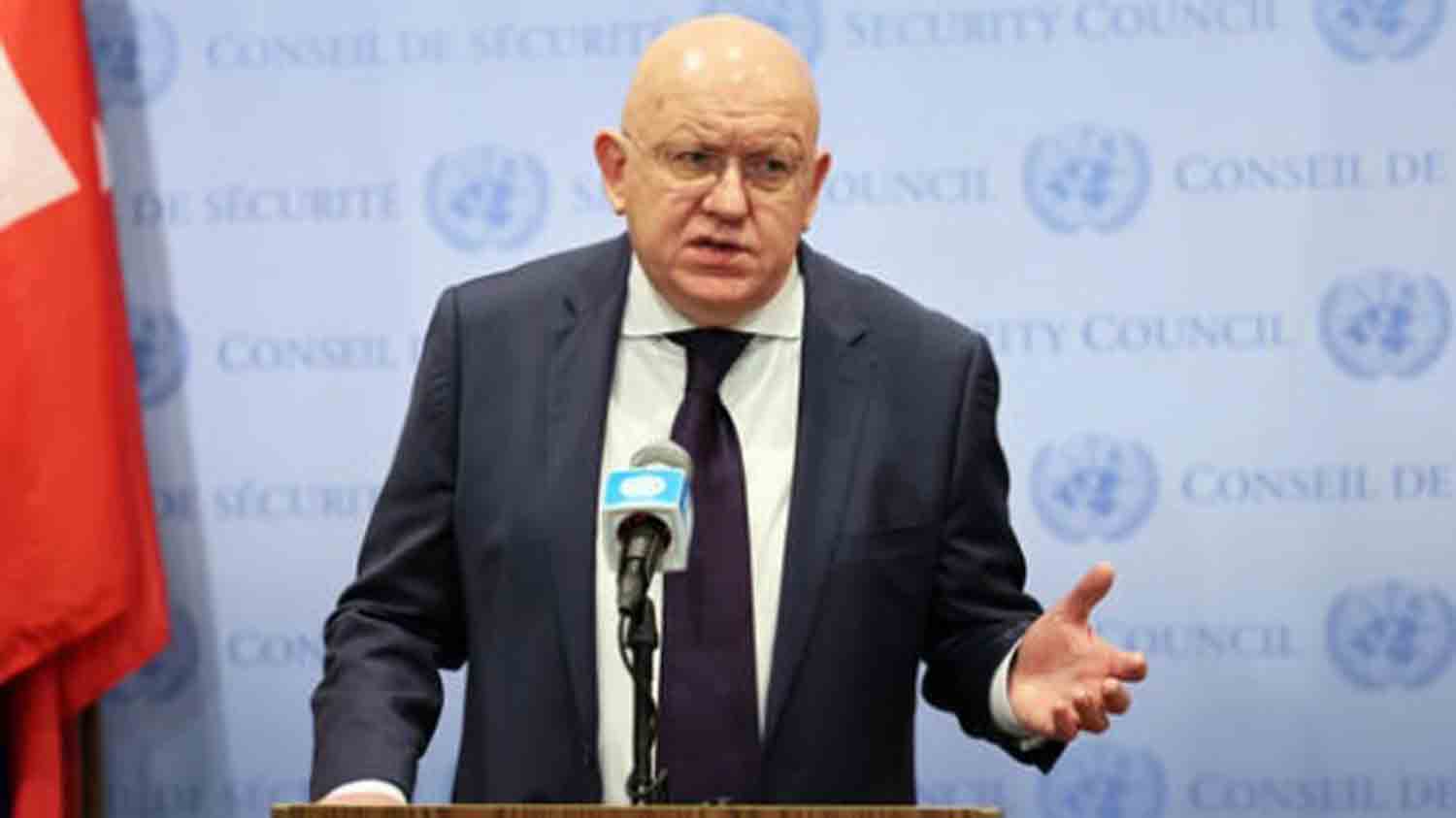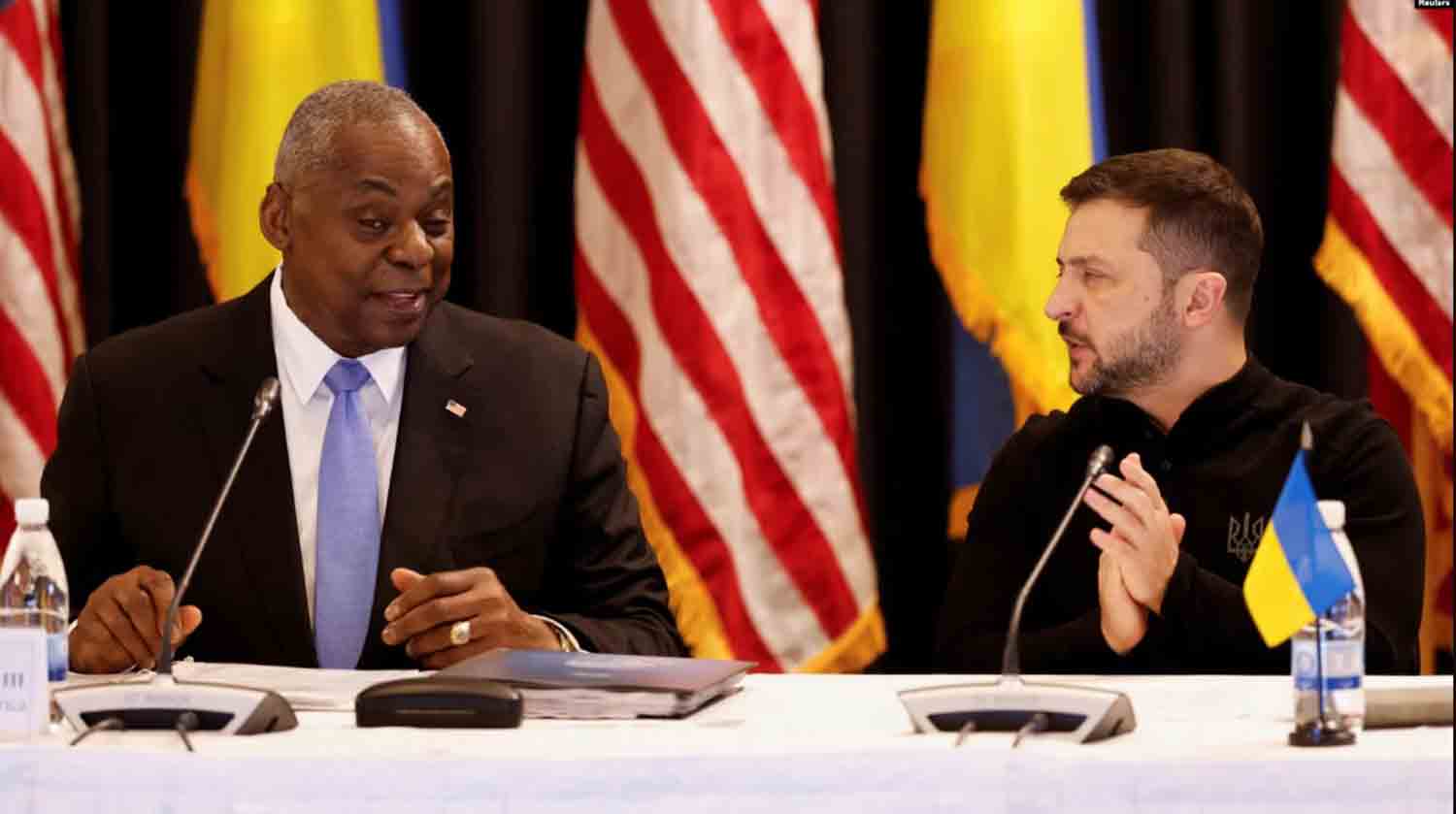South Korea is experiencing escalating political instability following the recent martial law controversy, and experts suggest that this situation may provide China with an opportunity to enhance its influence in the region.
According to Evans Revere, a former acting assistant secretary of state for East Asia and Pacific Affairs during the George W. Bush administration, the ongoing turmoil in Seoul is “working to Beijing’s advantage.” He noted that “China, with its authoritarian governance style, stands to benefit” and is likely pleased with the rise of the Democratic Party, which is recognized for its favorable stance towards the People’s Republic of China (PRC).
The nation is currently facing a significant political crisis, highlighted by the impeachment of key leaders last month. Recently, a confrontation with security forces at President Yoon Suk Yeol’s residence hindered investigators from an anti-corruption agency from taking him into custody.
The main opposition party, the Democratic Party (DP), has called for the agency to make another attempt to detain Yoon after expressing disappointment over the investigators’ withdrawal.
Last month, the DP executed two consecutive impeachments within a fortnight. They first impeached Yoon on December 14 due to his unsuccessful effort to impose martial law, followed by the impeachment of acting President Han Duk-soo the subsequent week.
The future of Yoon, who has been suspended from his position, now lies in the hands of the Constitutional Court. Should the court decide to proceed with his impeachment, a national election will be triggered, with Lee Jae-myung, the leader of the Democratic Party, emerging as a prominent contender.
Bruce Klingner, a senior fellow specializing in Northeast Asia at the Heritage Foundation, remarked that a Democratic Party government in Seoul would likely be more accommodating towards both Beijing and Pyongyang, while adopting a more adversarial stance towards Washington and Seoul.
Klingner further noted that China might attempt to create divisions between South Korea and the United States by fostering a more amicable relationship with Seoul.
On Tuesday, Liu Pengyu, a spokesperson for the Chinese Embassy in Washington, stated to VOA that “China has observed the relevant events” but “will refrain from commenting on the domestic matters of the ROK,” using the official designation for South Korea.
During a phone call on December 24, Chinese Foreign Minister Wang Yi conveyed to his South Korean counterpart, Cho Tae-yul, that “China upholds the principle of non-interference in internal affairs,” emphasizing that collaborative efforts have enhanced bilateral relations.
Nevertheless, Klingner, in a report released just before South Korea’s general election last April, suggested that China might find it advantageous to incite opposition within South Korea against Yoon’s policies.
Beijing, through its United Front Work Department, is reported to “manipulate foreign public policy discussions” by “exacerbating political divisions within targeted nations and amplifying public backing for specific politicians or parties.”
Pro-China Stance
The Democratic Party (DP) is described as “highly pro-China” and would “shift the nation’s orientation towards China” if it assumes control of the government, according to Gordan Chang, a distinguished senior fellow at the Gatestone Institute and author of Plan Red: China’s Project to Destroy America.
The potential shift in South Korea’s policies is evident, as illustrated by the DP’s efforts to secure approval from acting president Han for amendments to the Act on Testimony and Appraisal shortly after the opposition party voted to impeach Yoon on December 14.
This amendment, introduced by the DP, mandates that individuals, including leaders from various industries, must attend hearings when requested and prohibits them from withholding information, even if it involves sensitive trade secrets that could impact national security.
Chang asserts that this would “compel South Korean companies to disclose their trade secrets, which would undoubtedly benefit China” and “significantly harm South Korean businesses.” He warns that if South Korea were to lose its competitive advantage, which he claims is the objective of the DP, it could jeopardize the nation’s democracy.
A nonpartisan report from the U.S. Congressional Research Service, published on December 23, highlights that the Democratic Party (DP) “tends to advocate starkly different policies” compared to President Yoon. The report also notes that Lee has criticized Yoon for exhibiting “a greater willingness than previous ROK leaders to publicly challenge China’s actions.”
On Thursday, Yoon expressed in a written message to his supporters gathered outside his home that he will “fight until the end” against anti-state elements that threaten the nation. He expressed gratitude to them for upholding South Korea’s “liberal democracy and constitutional order.”
This message, reportedly conveyed through an intermediary to his supporters, was signed by Yoon and shared with South Korean media by his legal team.
Andrew Yeo, the SK-Korea Foundation Chair at the Brookings Institution’s Center for Asia Policy Studies, remarked, “The DP may adjust Seoul’s stance between Beijing and Washington slightly and may be less inclined to endorse policies viewed as red lines for China, such as backing Taiwan during a crisis in the Taiwan Strait.”
He added, “However, the DP also acknowledges the significance of the U.S.-ROK alliance, so I expect strong U.S.-ROK relations to continue even with a DP administration.”
On December 23, Lee held a meeting with U.S. Ambassador to South Korea, Philip Goldberg, in Seoul, where he expressed optimism about the alliance’s potential growth in the areas of human rights and environmental concerns.
Goldberg also engaged with members of the ruling People Power Party (PPP).
Robert Rapson, who was the charge d’affaires and deputy chief of mission at the U.S. Embassy in Seoul from 2018 to 2021, stated, “The U.S. will continue to be the primary relationship for the next Korean administration, whether it leans progressive or conservative.”
He added that a positive outcome from enhanced South Korea-China relations could lead to increased cooperation from China in addressing North Korea, particularly if President-elect Donald Trump aims to engage with North Korean leader Kim Jong Un.
Discover more from Defence Talks | Defense News Hub, Military Updates, Security Insights
Subscribe to get the latest posts sent to your email.





